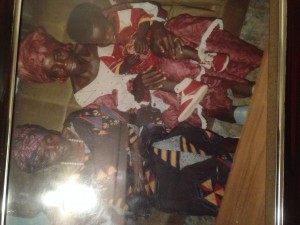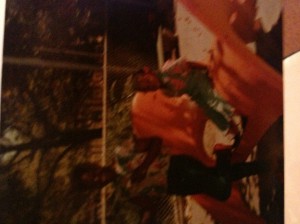What do the indications of setting (time/place) do for your experience of reading Saed’s poem, “What the Scar Revealed”?
Reading, what the scar revealed by Saed was interesting. knowing the setting of the poem made it easier to understand. The indication of where and when this took place brought attention to a lot of the details. It feels like the details could almost have been metaphorical, to what was happening in that country at the time that this poem was written. When I think Afghanistan in 1977 it reminds me of war. ” Young mother sees spirits walking across the sky with stars, blossoming at each step”. This is in a way reflecting, the spirits of children, women, and men( especially) soldiers in Afghanistan. The stars joining as a single thread of daylight would represent a better day.
Wounds – these wounds in comparison to a navel would Intrigue you to think. In this country in this time wounds would have been inflicted due to chaos and war. “To heal, the cut navel swallows the city and remembers its fragrance”. its almost like saying, “you live to tell the story”. This is in memory of the wounds gained in Afghanistan, and someone able to tell the story of healing.
The setting helps to bring life to the story being told in this poem What The Scar Revealed by Zohra Saed. Knowing the setting is a huge help in visualizing. being aware of the place and time gives an understanding to the story. You actually had the opportunity to not only move through the times with the characters but enables you to put yourself in their shoes.
overall though it seems that knowing the setting helps you to understand the details, I am still stuck wondering
Are the details in this poem metaphorical or are they concrete?





